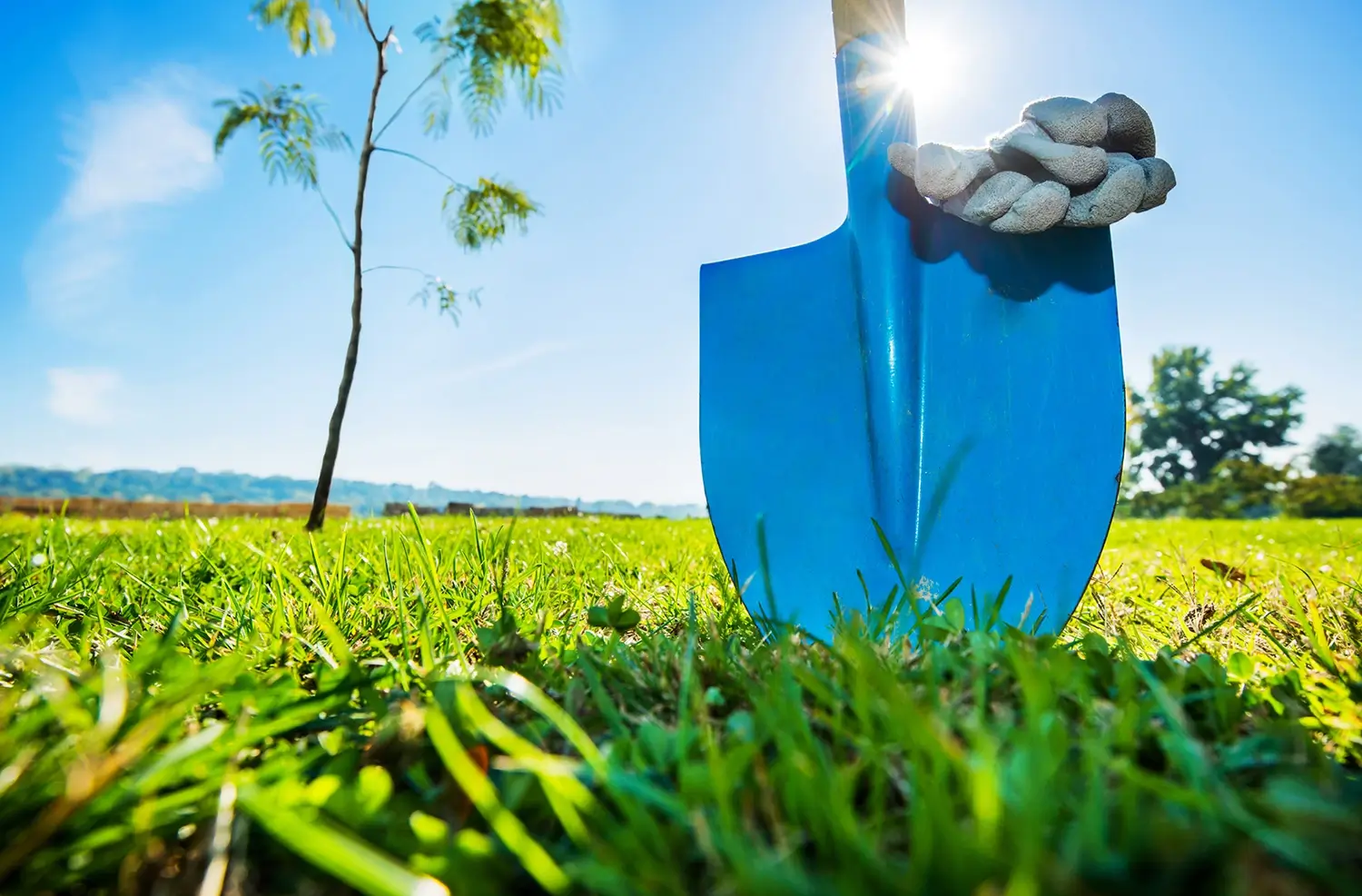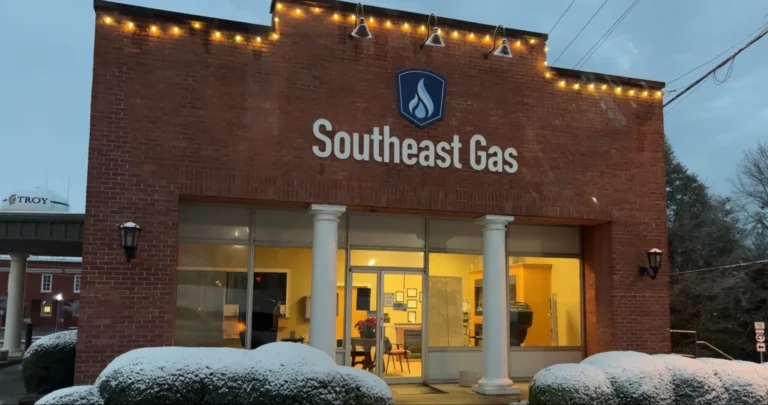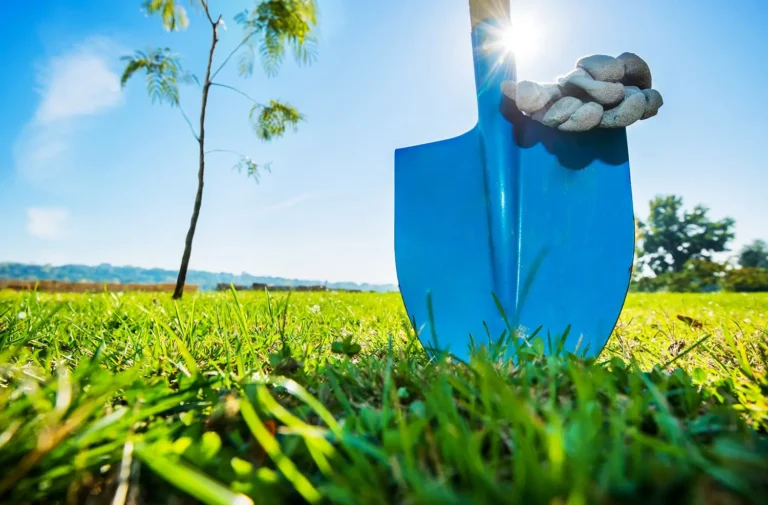Smell Gas or Have
an Emergency?
Your Safety Matters
Because Nothing’s More Important Than Peace of Mind. At Southeast Gas, safety is at the heart of everything we do. We take pride in maintaining a dependable natural gas system, and we work around the clock to ensure it’s operating safely in your community.
But safety doesn’t stop with us—it starts with being informed.
We encourage all customers to stay aware and take simple precautions when using natural gas at home. Whether you’re a new customer or have used gas for years, understanding how to use it safely is essential.
From recognizing the smell of gas to knowing what to do in an emergency, we’ve got the information you need to stay safe and confident.

$37 Billion Per Year
America’s natural gas utilities spend more than $37 billion annually to help enhance the safety of natural gas delivery systems.
—AGA.org
Latest Safety News

Winter Weather Safety Tips
As winter settles in, many people picture a cozy evening indoors, watching their favorite movie while a fire crackles in the background. While those moments are something we look forward to each year, cold weather can also bring serious risks, especially in South Alabama, where freezing conditions are less common, and preparation is not always top of mind.

Always Remember-Call Before You Dig
August 11 is National 811 Day, and Southeast Gas uses this day as a reminder to everyone in our communities to always contact 811 before starting any digging project. Whether you are preparing for a small residential project, such as…

Stay Warm, Safe, and Cozy This Winter
Winter storms can bring freezing temperatures, snow, and ice, making it essential to stay warm and safe during these harsh conditions. Whatever your heating source, natural gas, electricity, or another heating method, maintaining your heating system is crucial to ensure…